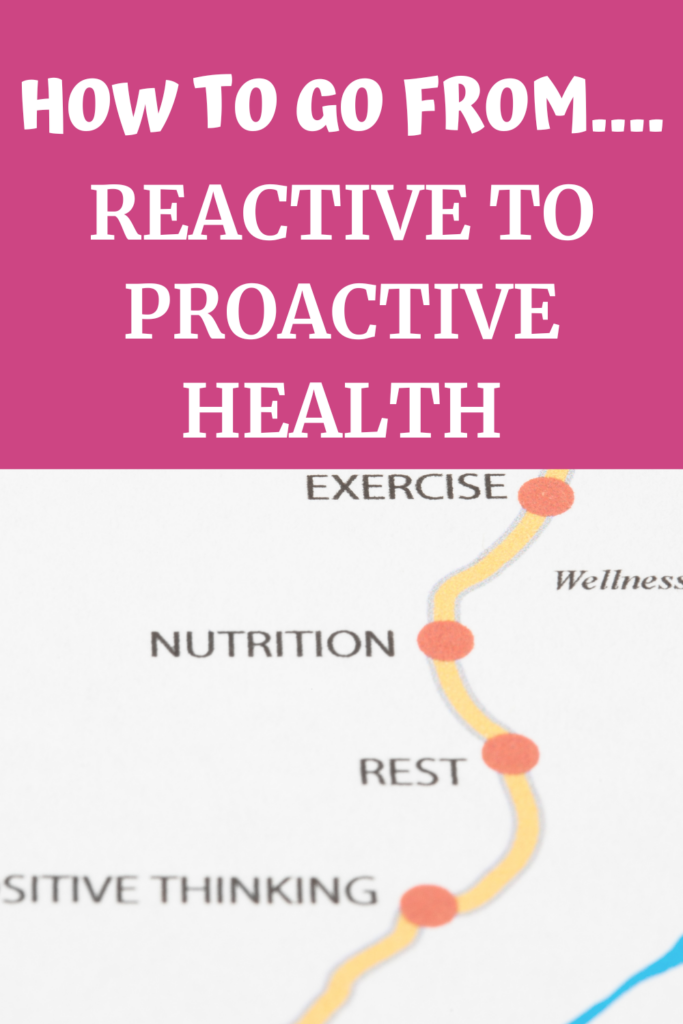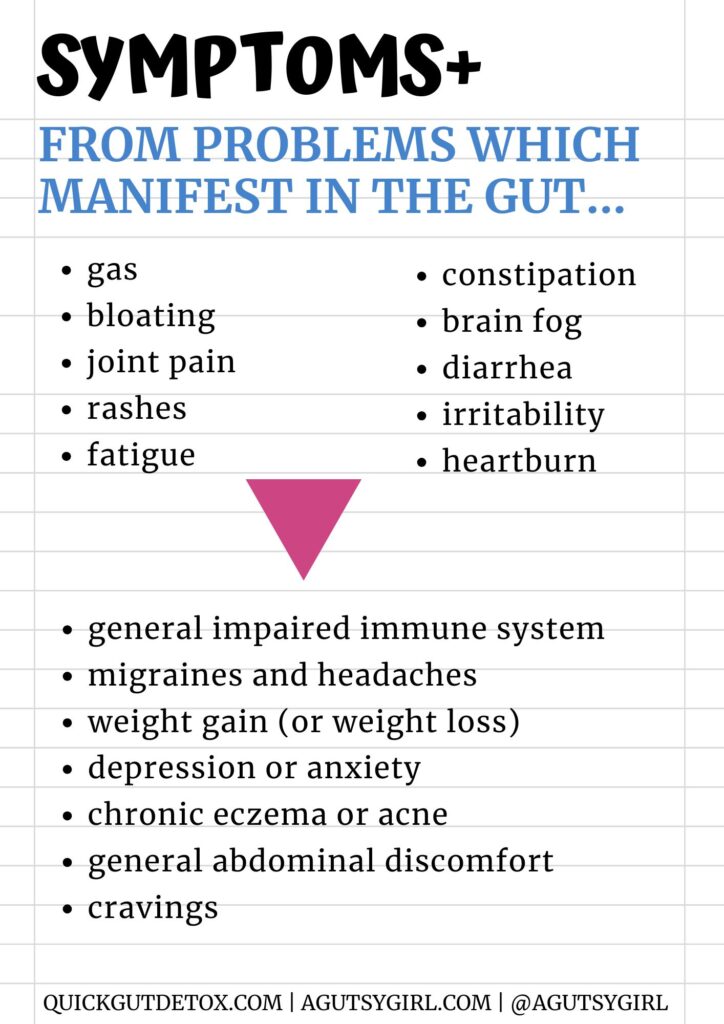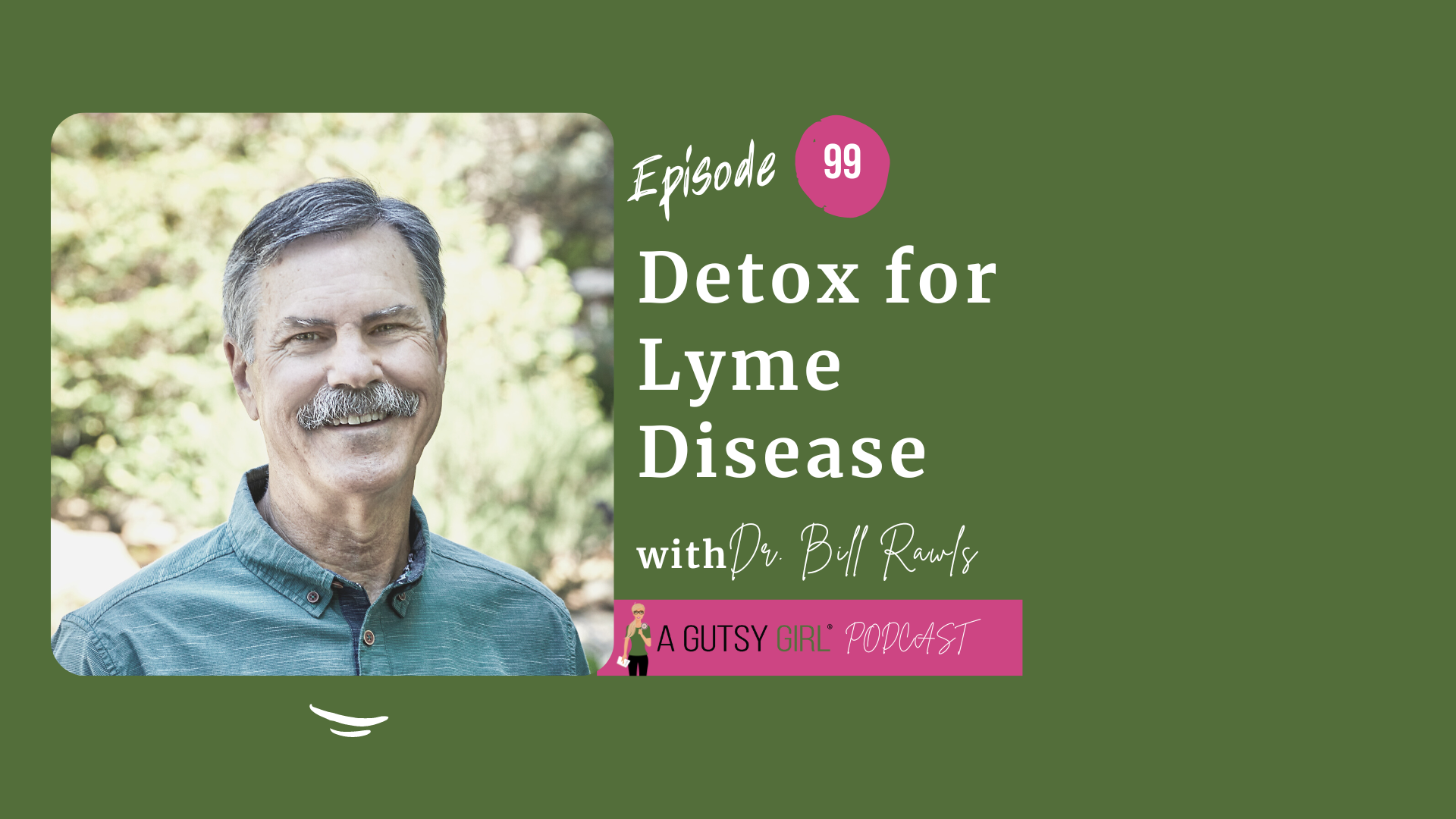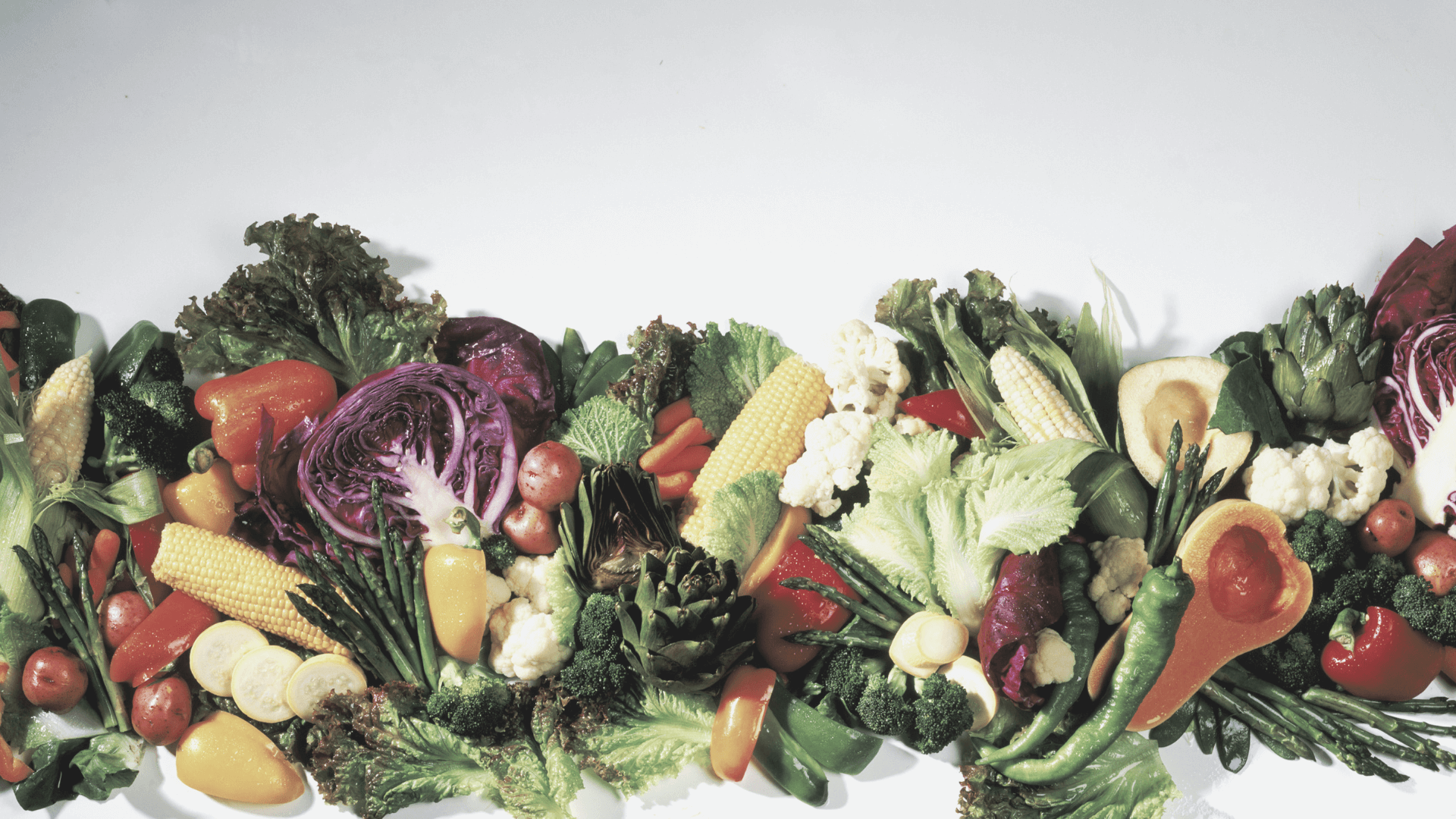There are two ways to approach health and wellness, reactively and proactively, and today I want to take you from reactive to proactive health.
From Reactive to Proactive Health
Click HERE to save this post for later.

I spent most of my life living reactively until I got really sick and began understanding that I was the only one who could steer this ship towards a healthier life.
There are symptoms, problems, masks and solutions for gut healing and true wellness in general.
Reactive health typically follows the path of symptoms, masks then problems.
Proactive health finds and understands the true solutions from the beginning and then, if need be, addresses symptoms and problems as/if they are arrive.
What is Reactive Health
acting in response to a situation rather than creating or controlling it
Reactive health means that you go about your days haphazardly, not paying attention to all the ways you could be living in order to find real wellness.
It means that only once your body manifests symptoms of sickness will you take action.
The problem with reactive health is that by the time you realize just how sick you might be, it could be too late.
What is Proactive Health
creating or controlling a situation by causing something to happen rather than responding to it after it has happened
Proactive health means that you are doing all the things you can to ensure optimal wellness.
It does not always mean you are taking extreme measures, but that you are staying consistent with a life striving for health and wellness.
You are working towards avoiding symptoms and ultimately sickness.
The main benefit for proactive health is that because you are creating habits for health and wellness now, you are less likely to suffer more later.
How to Achieve Reactive Health
- Backpedal. That’s right. You can achieve reactive health by backpedaling. How would I know? I’ve been doing it for several years now. Once you become sick, you’ll need to backpedal in order to get better. This is not the end of the world, but it’s reality.
- Medication and Antibiotics. Reactive health almost always includes medication and antibiotics. Again, how would I know? I just finished 21 days of a Rifaximin and Neomycin combination. I didn’t just “get” SIBO within the past few years (where I’ve been living proactively). In fact, I can pinpoint it to my Freshman year of college, which can likely be confirmed since when I was first diagnosed I needed B12 injections to the stomach for a severe deficiency. But as for needing either of them for general things, I have maybe had them once or twice within the past 5 years.
- Eat however you’d like. Don’t ever pay attention to the fact that food is fuel or poison for the body.
- Lifestyle. Do it up in all the ways that make you “feel” alive. Smoke, drink, do drugs – anything you’d like. And guess what? For the record, there is absolutely ZERO judging on my part for this. Why? Because I’ve been there, I’ve done that. In fact, the few years before I had a full tonsillectomy and adenoidectomy I smoked a pack or more a day of Marlboro Reds.
- Believe everything a doctor says. If a doctor tells you x,y,z, you automatically assume s/he is 100% right and you never investigate on your own. If a test tells you something, you should believe that, but there are many ways to go about correction. When I was diagnosed with Colitis, my doctor told me the only thing that would help would be Canasa. I never had the courage to think for myself (probably because I was afraid), so I just did it. A few weeks later, several tears later, and living with more misery, I stopped it. My turning point was around then. I’ve never taken it or anything else like it again.

What Does Proactive Health Look Like?
It is the exact opposite of everything from reactive health above.
You are cycling forwards, and creating lifestyle – NOT diets (unless you’re at the point where one is physically needed) – habits that boost you instead of bring you down.
You are eating right, for goodness sakes.
Everyone wants some “magic pill” for losing weight and having more energy. But how about just being normal and eating the things that work for you?
How about eating less processed foods and sugar and more local, organic, fruits, vegetables, fish and quality meats?
Living proactively is powerful, from both the personal and wellness standpoint.
People always wonder how I’m healing the way in which I am, and it’s because I have chosen to live proactively and to do everything in my power daily to work towards ultimate health and wellness.
Truth be told, living reactively is hard.
It is really hard because once a reaction is needed, it is needed so imminently that the chances of you feeling better in a short amount of time (without it simply being a mask) are slim to none.
I get the eye roll a lot from how I choose to live.
Someone I love dearly messaged me yesterday, he’s not feeling well. He said,
It’s terrible! I know now how you feel.
That’s just it. You never know until you know, and by choosing to live reactively you’ll set yourself up for that awful moment when you know.
My mission is to continue helping women live proactively!
We are the forces who drive the household, “do it all” and love unconditionally.
But I will tell you that it’s very hard to be present for all of that if you’re constantly needing to be reactive.
Let me help you not just survive, but thrive.
You owe it to yourself.
If you liked this article, you might also enjoy:
Xox,
SKH
🤰 bloating be gone! weight loss through optimal gut health for women
💃ʜᴇᴀʟ ʏᴏᴜʀ ɢᴜᴛ. ʜᴇᴀʟ ʏᴏᴜʀ ʟɪfe.
🫶🏻 founder gutbyome.com







This resonates so much with me, Sarah! My mom was only 50 when diagnosed with breast cancer and died at a young 58. I have been proactive with my health since that time. I think the saying is, “Take time for your health now, or you’ll be forced to take time for it later.”
So true, Kathy!